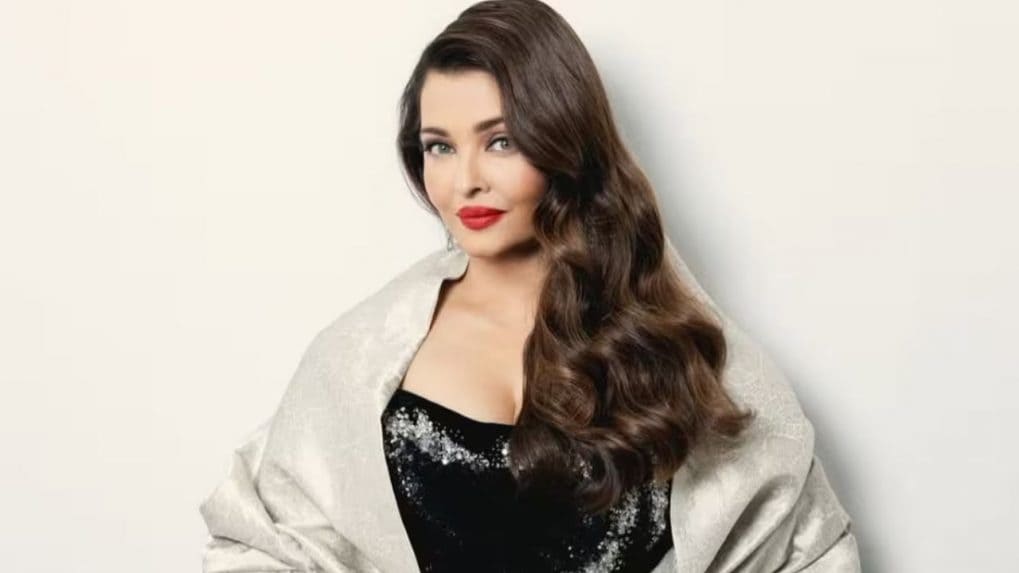How it Works
WPP, Havas, Omnicom: Are advertising’s biggest holdcos recasting agencies as AI Operating Systems?

Bollywood actors Abhishek Bachchan and Aishwarya Rai Bachchan have filed a lawsuit against Google’s YouTube in New Delhi, demanding stronger safeguards against AI-generated videos that misuse their likenesses. The high-profile case, lodged on 6 September, seeks both the removal of existing deepfake content and court-mandated protections to ensure such videos cannot be used to train other artificial intelligence platforms without consent, according to court filings reviewed and reported by Reuters.
The couple argue that YouTube’s current policy — which allows creators to opt in to share their videos for training by external AI platforms such as OpenAI, Meta and xAI — is deeply problematic. They warn that manipulated or biased depictions of them could misinform AI models, resulting in further spread of harmful or false portrayals.
The 1,500-page lawsuit includes hundreds of links and screenshots, with examples of what the Bachchans describe as “egregious” and “sexually explicit” content. In one instance, Abhishek is digitally manipulated to appear kissing another actress, while another clip depicts Aishwarya dining with her former partner Salman Khan, as Abhishek looks on in anger.
The Delhi High Court has already ordered the removal of 518 links and posts, citing both reputational damage and potential financial loss. The actors are seeking $450,000 in damages and a permanent injunction. The next hearing is scheduled for 15 January.
However, Reuters found that similar content remains online, including on a channel called AI Bollywood Ishq, which hosts 259 videos and has amassed 16.5 million views.
Legal experts say the case could become a defining moment for personality rights and AI regulation in India, where explicit protections for celebrity personas are not yet enshrined in law — unlike in many US states. With YouTube’s Indian user base exceeding 600 million, the outcome could significantly shape how the platform handles AI-generated celebrity content and video-sharing consent policies.
From purpose-driven work and narrative-rich brand films to AI-enabled ideas and creator-led collaborations, the awards reflect the full spectrum of modern creativity.
Read MorePraveen Someshwar, Managing Director and CEO of Diageo India, joins the Grand Jury of the Storyboard18 Awards for Creativity, highlighting the awards’ focus on work that blends cultural relevance with strategic and commercial impact.